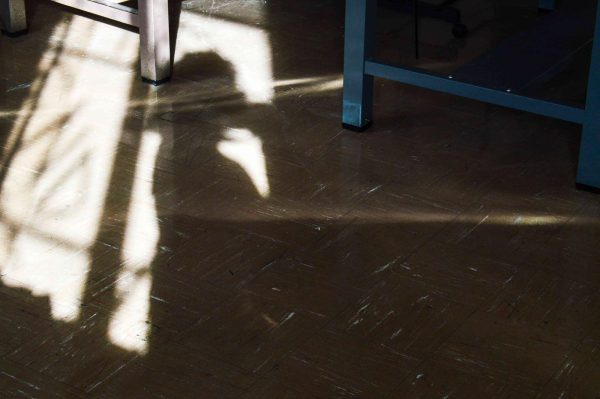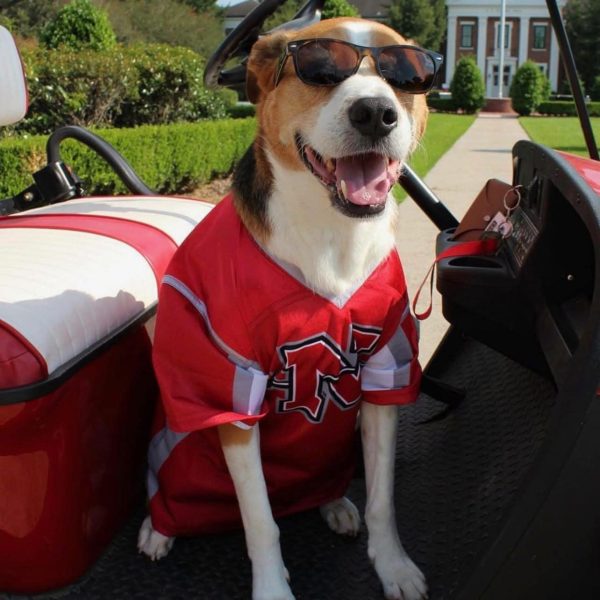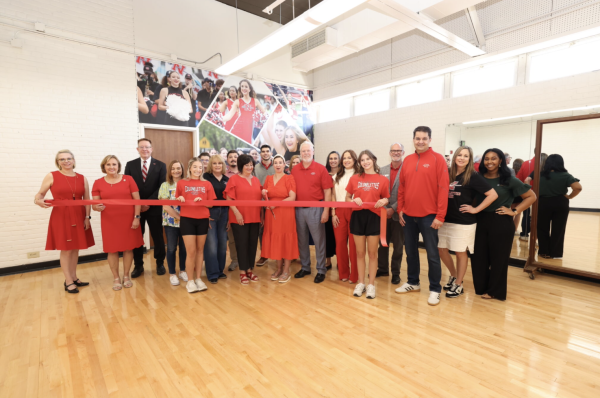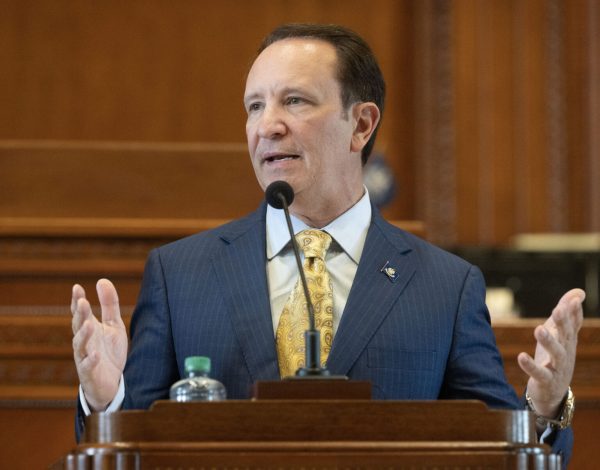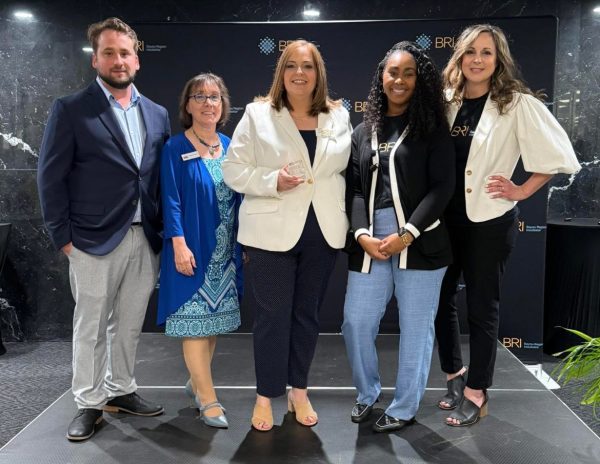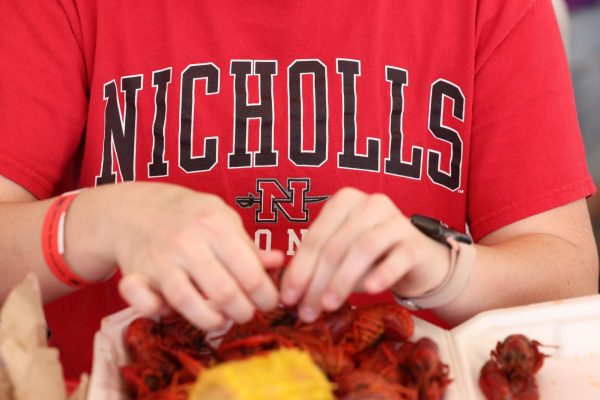Academic programs to move out of University College
Some academic programs are switching colleges, and students in these programs are experiencing fee increases this year.
Petroleum Engineering Technology and Safety Management, interdisciplinary studies and culinary arts are moving from University College and joining to other colleges on campus. PETSM and interdisciplinary studies will now fall under the College of Arts and Sciences and culinary arts will be under Nursing and Allied Health.
“It’s going to help in a couple different ways,” John Doucet, dean of the College of Arts and Sciences, said. “For interdisciplinary studies, most of the course work comes from Arts and Sciences, so interdisciplinary studies will have more interaction with the rest of the faculty and studies who are majoring in the Arts and Sciences.”
“PETSM is a really career-oriented curriculum. Most of the instructors have ties or still participate in the work force; this means the program needs strong academic direction, and the program has certainly received that under its previous dean, Al Davis,” said Doucet. “What we stand to do is to continue in that direction and also dramatically grow the program enrollment wise.”
University College will also experience some changes. While students might not notice changes, faculty will see a change in infrastructure.
“I think what they were wanting to do is move all the academic programs out of University College, so that there is no need to replace the dean for that college,” Sue Westbrook, dean of the College of Nursing and Allied Health, said.
Programs being moved are not being restructured, but instead are being given a figure and college to report to. Culinary arts, for example, will now be under Westbrook’s jurisdiction.
“I think University Administration saw that in Allied Health sciences we have a program called dietetics, where we prepare students to become registered dieticians. That being said, they saw that dietetics and culinary worked collaboratively on various projects in the past,” said Westbrook.
Students who major in PETSM and culinary arts have also incurred fee increases, of which 90 percent goes to their field and 10 percent goes to needs-based assistance. Any student taking 16 credit hours or more also incur extra fees per hour.
All fees are going back to their respective colleges since dramatic growth is occurring in those fields. The 10 percent for needs-based assistance may help increase enrollment.
“One way is to add a moderately small fee to each student majoring in a degree like PETSM,” Doucet said, “so the accumulated value can be used to hire another professor. If you hire another professor, you can have more classes. More classes mean more graduates, and with more graduates the state fulfills its need for employees. Plus, graduates tend to make 100 percent more than non-graduates over the course of their career.”
Some students and departments have expressed concerns over the fees.
“Since culinary already has to pay a good bit just for the labs, an extra fee increase isn’t easy for some people,” Megan Wenger, culinary arts sophomore from Portsmouth, Virginia, said.
Departments like music and honors programs are also facing difficulties since the extra credit fees make students reconsider a longer college career and even their majors.
“People form these different programs based on the way things are, and things change,” said Bruce Murphy, president of Nicholls State University, said. “We aren’t trying to drive people away, we are trying to make it fair and equitable for the students, faculty and University.”
The main priority of these fees is the growth of the programs and the University as a whole.
“Why do we need to grow? Because Louisiana needs more college graduates, not fewer,” Murphy said. “Louisiana has fewer, per capita, college degrees. So we need more students to come here and we are using the fees to control and contain the cost somehow and make it easier to come.”



